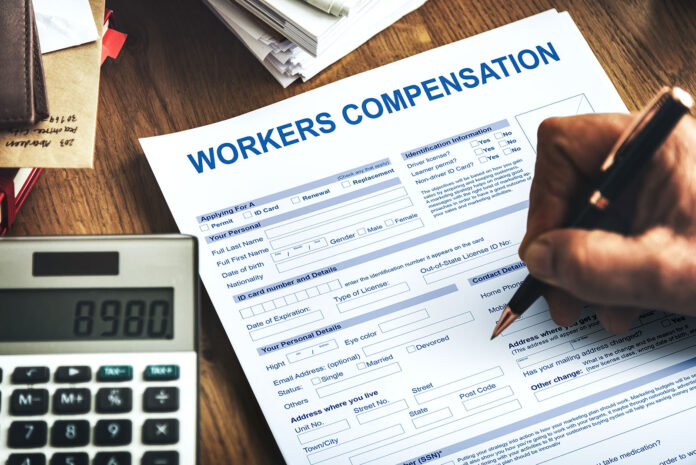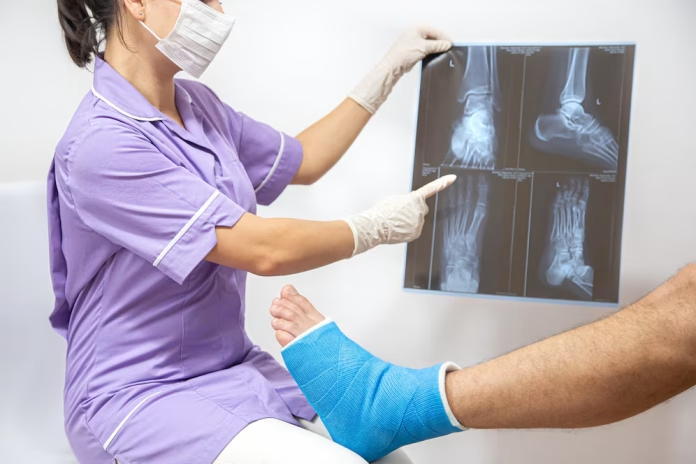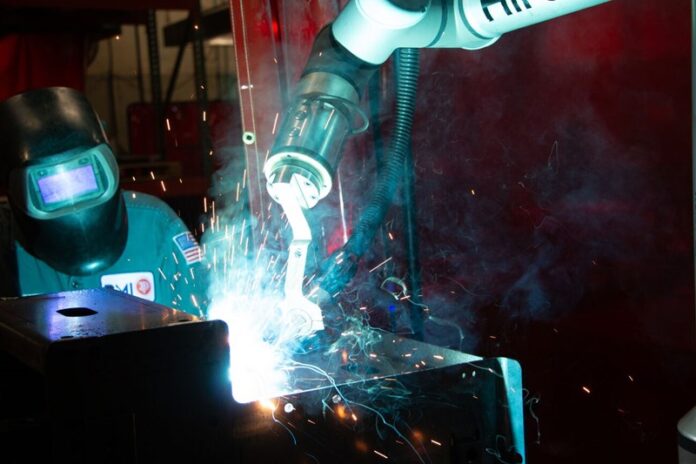Industrial work environments are often associated with high risks due to the nature of the tasks performed, the machinery used, and the working conditions. Among these risks, brain injuries stand out due to their potentially severe and long-lasting effects on the victims. Whether it’s a fall, a blow to the head from falling objects, or exposure to hazardous substances, the consequences of brain injuries in industrial settings can be life-altering.
Understanding the legal steps to take when such an injury occurs is crucial for workers seeking justice and compensation. If you or someone you know has experienced a brain injury in an industrial setting, it is imperative to seek professional advice. Visit injured.ca to learn more about your legal options.
Recognizing Brain Injuries in Industrial Settings


Brain injuries can manifest in various ways, ranging from mild concussions to severe traumatic brain injuries (TBI). Symptoms may not always be immediately apparent, making it vital for industrial workers to be vigilant about their health following any accident or incident. Common symptoms of brain injuries include headaches, dizziness, nausea, confusion, memory problems, and changes in behavior or mood. In more severe cases, there could be loss of consciousness, seizures, or significant cognitive impairments.
The nature of industrial work means that injuries might be overlooked or attributed to fatigue or stress. However, timely recognition and diagnosis of brain injuries are critical. Workers should seek medical attention promptly after any head injury to ensure proper diagnosis and treatment. Early medical intervention can significantly impact recovery and help in documenting the injury for legal purposes.
Immediate Steps Following an Injury
If a brain injury occurs, the immediate priority should be medical attention. Workers should inform their supervisors and ensure that an incident report is filed. This report will serve as an essential piece of evidence if a legal claim is pursued. Seeking medical treatment right away not only ensures the health and safety of the worker but also helps in creating a medical record that can support the injury claim.
It is also advisable to document the incident independently. This can include taking photographs of the accident scene, noting any witnesses, and keeping a personal record of the symptoms experienced and how they evolve over time. This documentation can provide invaluable support in any subsequent legal proceedings.
Understanding Workers’ Compensation


Workers’ compensation is a form of insurance that provides medical benefits and wage replacement to employees injured in the course of employment. In the case of brain injuries, workers’ compensation can cover the costs of medical treatment, rehabilitation, and lost wages during the recovery period. It is designed to be a no-fault system, meaning that workers do not need to prove that their employer was negligent to receive benefits.
However, navigating the workers’ compensation system can be complex. There are specific procedures and deadlines that must be adhered to, and insurance companies may sometimes dispute claims. It is beneficial to consult with a legal professional who specializes in workers’ compensation to ensure that all necessary steps are taken and that the worker receives the full benefits they are entitled to.
Pursuing Legal Action
In some cases, workers’ compensation may not be sufficient to cover all the costs associated with a brain injury, especially if the injury results in long-term or permanent disability. In such scenarios, it may be necessary to pursue additional legal action. This could involve filing a personal injury lawsuit against a third party, such as a contractor, equipment manufacturer, or another company whose negligence contributed to the injury.
To successfully pursue a personal injury claim, it must be proven that the third party was negligent and that their negligence directly caused the injury. This process can be complex and requires substantial evidence, including expert testimony, medical records, and accident reports. An experienced brain injury lawyer can guide the injured worker through this process, helping to build a strong case and maximize the potential for compensation.
The Role of a Brain Injury Lawyer


A brain injury lawyer plays a crucial role in helping injured workers navigate the legal landscape following an accident. They provide expertise in understanding the full scope of the injury and its implications, both medically and legally. A brain injury lawyer can assist in negotiating with insurance companies, filing claims, and representing the worker in court if necessary.
Hiring a lawyer who specializes in brain injuries ensures that the injured worker has a professional advocating for their rights and interests. These lawyers understand the complexities of brain injury cases and are skilled in securing compensation for medical expenses, lost wages, pain and suffering, and other damages. For those dealing with the aftermath of a brain injury, having a knowledgeable lawyer can make a significant difference in the outcome of their case.
Rehabilitation and Long-term Support
Recovery from a brain injury can be a long and challenging process. It often requires ongoing medical treatment, rehabilitation, and support services. Workers may need physical therapy, occupational therapy, cognitive rehabilitation, and psychological support to regain their abilities and cope with the changes brought about by the injury.
Securing compensation through legal channels can provide the financial resources needed to access these services. It is important for injured workers to have a comprehensive understanding of their medical and rehabilitation needs and to ensure that these are factored into any compensation claim. A brain injury lawyer can help in assessing these needs and advocating for appropriate compensation.
Conclusion
Brain injuries in industrial settings are serious and can have profound effects on the lives of workers and their families. Understanding the legal steps to take following such an injury is crucial for securing justice and compensation. Immediate medical attention, thorough documentation, navigating workers’ compensation, and potentially pursuing additional legal action are all critical steps. With the support of a specialized brain injury lawyer, injured workers can effectively navigate the legal system and access the resources they need for recovery.







